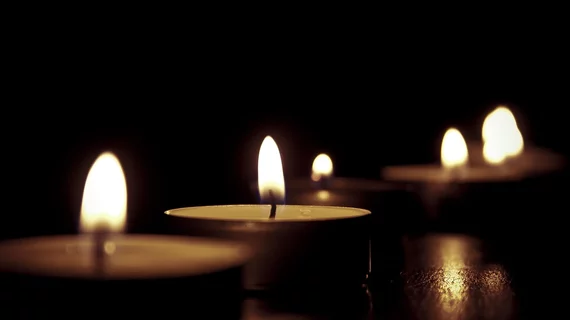Young radiologist’s recent untimely death exposes the ‘sinister side of burnout’ in medicine
A young Minnesota radiologist’s untimely death in March has exposed the “sinister side of burnout” in medicine, a former classmate wrote Tuesday in Clinical Imaging.
Three physicians memorialized 36-year-old Gretchen Butler, MD, in the same journal March 16, after her death by suicide. In a response letter shared May 4, John Benson, MD, said he believes Butler’s passing reveals the “profound toll that work can have on physicians.”
“By all accounts, the major contributor to Gretchen's suicide was burnout. And why should that be a surprise?” wrote Benson, a classmate in residency at the University of Minnesota and neuroradiologist at the Mayo Clinic. “Her career, like all too many in radiology—perhaps like all too many in medicine in general—was marred by inexorable job creep. Every year, radiologists have been asked to interpret a few more examinations. And Gretchen was never one to say no.”
Benson said he was well-aware of the pressures Butler faced as a mother of three and breast imaging specialist at Hennepin Healthcare in Minneapolis. However, he admitted to incorrectly assuming such workplace fatigue is typically “identifiable and manageable.”
“But her story exposed me to a much more sinister side of burnout, one that is secret, abrupt, and can lead to permanent decisions,” Benson wrote.
He urged members of the specialty to avoid making the same mistake he did, and view his former classmate’s passing as an inflection point.
“My hope is that Gretchen's story can help us all readjust our priorities. As selfless as Gretchen was during her life, she would want to see that,” Benson wrote.

